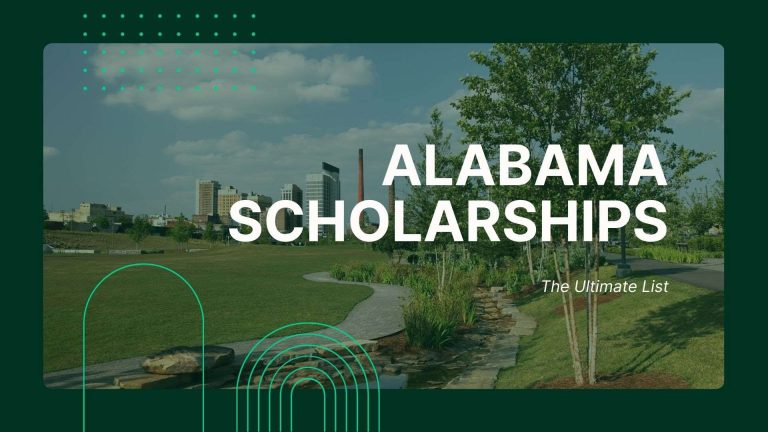A learning disability scholarship may be available from a number of sources for a student who meets certain qualifications like having a specific diagnosis and pursuing a four year degree. Financial aid offices may have resources on how to find scholarships, and students can also seek them out on their own. The application process may involve application paperwork, letters of recommendation, a personal statement, and disability documentation, depending on the requirements for the individual scholarship. In addition, students with learning disabilities also qualify for other forms of assistance, like merit and need-based grants or regional scholarships.
Government agencies, disability organizations, and individual academic institutions may have learning disability scholarships. Some professional organizations also have scholarship programs to promote diversity in the field; a student who wants to become a chemist, for example, might want to check with chemistry organizations to see if they offer a learning disability scholarship. They may require that an applicant provide documentation of a diagnosis to confirm eligibility, to ensure that only people with these specific disabilities are considered for scholarship awards.

Some resources for learning disability scholarship listings can include a financial aid office as well as disability organizations. These groups often maintain regularly updated lists of available scholarships separated by type and eligibility requirements for people with disabilities interested in attending college. Professional organizations also list related scholarships in their field; someone who wants to become a doctor, for example, could check with a national medical organization to get a scholarship listing and take note of funding available specifically to disabled doctors and medical students.
Application paperwork for a learning disability scholarship may include basic demographic information along with information about a student’s record and goals. In a personal statement, the student can discuss study habits and career plans, as well as other subjects that may be of interest to the scholarship committee. Some scholarships may accept recorded statements from students with conditions like dyslexia that may make it hard to prepare a written statement. Candidates may also be asked to attend an interview with a scholarship committee, in which case they can be accompanied by a personal assistant or aide if necessary.

Students looking for a learning disability scholarship may want to consider sources that are not necessarily obvious. Many professional organizations have minority scholarships intended to increase diversity, and these may include people with disabilities. These organizations can help students pay for their studies as long as they are pursuing training or degrees in their field, and may cover vocational education as well as four year degrees or postgraduate training. Government assistance programs intended to assist with costs of daily living may also extend to disabled students, who can use the funding to cover housing, food, and related expenses while they are in school.
Our Editorial Team, with a rich background in educational content creation, prioritizes accuracy and quality in every article. We are committed to producing expert content tailored to meet the academic needs of college and high school students, ensuring they receive well-researched and trustworthy information for their educational journey.







